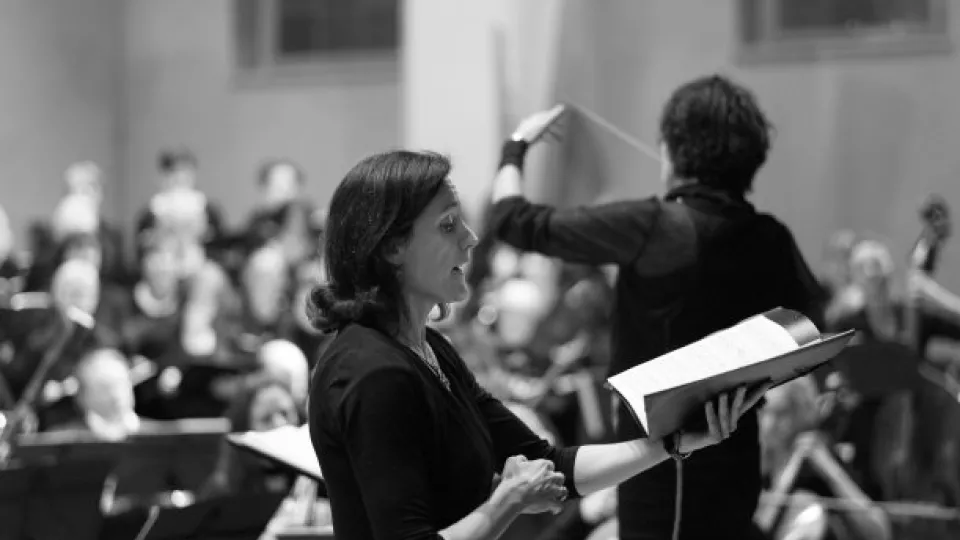In 2014, the Swedish Government decided to postpone retirement age for singers from 52 to 65 years. Having lost the option of early retirement places new demands on work environment and on the knowledge of aging voices which has become a challenge for employers, employees and unions.
“It is important to create conditions for sustainable professional life. A lack of knowledge and research on how to prevent and rehabilitate age-related voice changes and how we can create conditions for sustainable professional life has meant that singers today have been forced to leave the industry”, says Anna-Karin Simlund, deputy chair of Symf.
The Work Environment Act sets requirements for the prevention of ill health and, in addition, the Discrimination Act sets requirements for active measures within the work environment to counteract age discrimination.
“For us as employers it is tremendously pleasing that meaningful research on sustainable vocal health and voice quality will be carried out. Together with our singers we want to create optimal working conditions in order to enable our employees to perform at the highest level, and this research project will hopefully give us the tools needed for a long and sustainable professional life”, says Lena Vedin Almung, administrative manager for opera/drama at the Göteborg Opera.
The research project is led by Lund University with the support of the Sound Environment Centre also at Lund University. The research leader is Pontus Wiegert.
“The research project is expected to directly benefit opera singers and their employers. From a broader perspective, we hope the project can contribute to important knowledge, even for other voice-dependent professions such as actors, musical artists and also teachers. A third of the total workforce in Sweden have a profession where the voice is the most important tool and a good vocal work environment can be crucial for ongoing professional activity up until the point of retirement”, says Pontus Wiegert, resident physician of phoniatrics and doctoral student at the Department of Clinical Sciences at Lund University.
Our hope is that this research will contribute groundbreaking knowledge to the entire dramatic arts industry and lead to improved opportunities for a positive extended professional life for anyone who uses their voice as a professional tool.
Contact:
Pontus Wiegert, PhD student at the Department of Clinical Sciences, Lund University Sweden and Resident Physician of Phoniatrics at Helsingborg Hospital, Sweden
pontus [dot] wiegert [at] med [dot] lu [dot] se
+46 701 528 185
Anna-Karin Simlund, deputy chair of Symf +46 768 714 236
Press questions for the Göteborg Opera: press [at] opera [dot] se, +46 31 108 035
